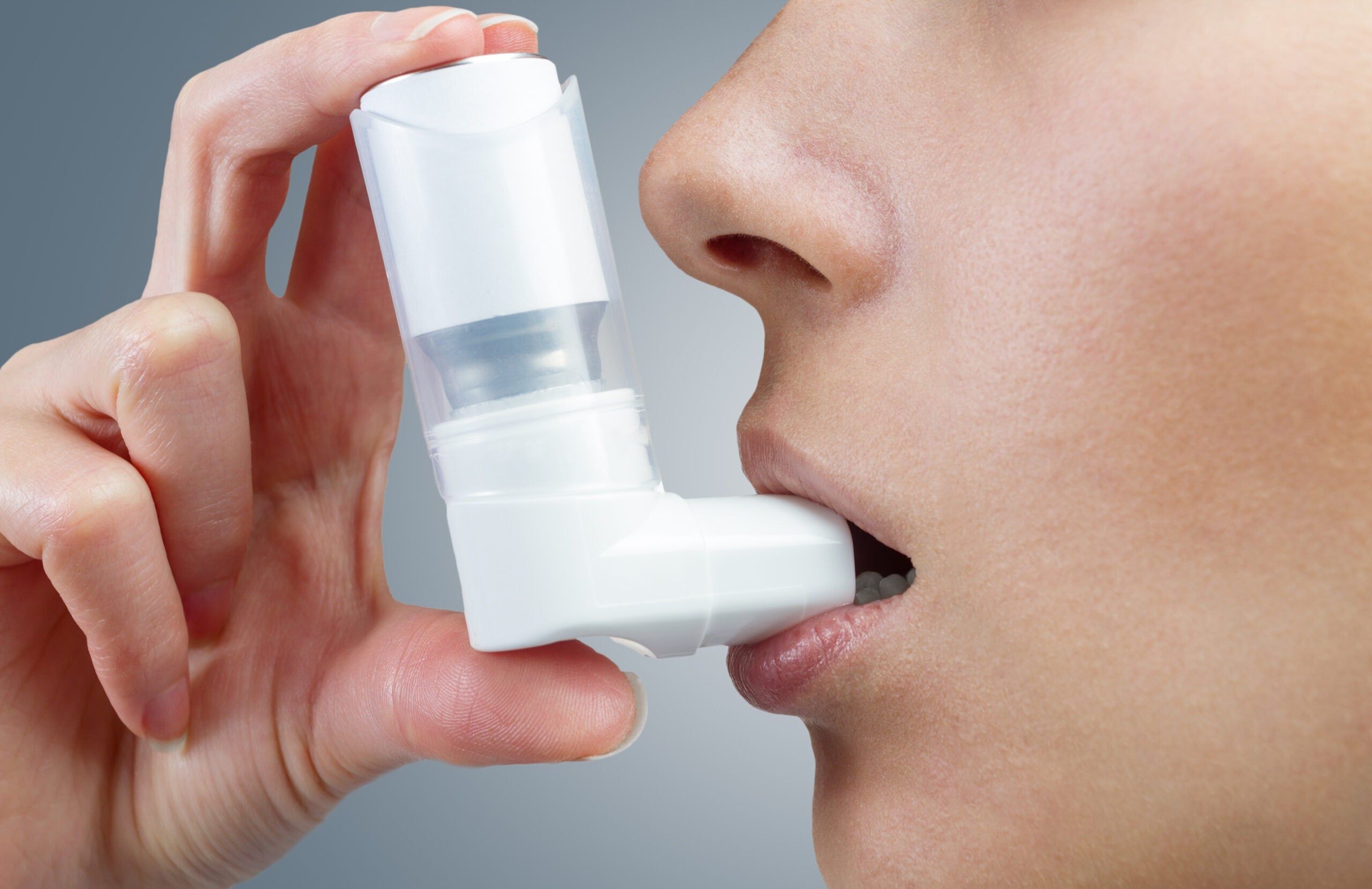-
How Fixing Your Teeth Can Make You Look More Youthful

When we think of looking more youthful, we often think of anti-aging products, makeup or wardrobe changes, and diet and exercise. However, one key aspect of looking youthful is often overlooked–our teeth. Our teeth can greatly impact our appearance and how we are perceived by others. Whether it’s fixing crooked or chipped teeth, whitening discolored teeth, or replacing missing teeth, getting the perfect smile can make you look years younger. In this blog, we’ll explore how fixing your teeth can make you look more youthful and confident.
Straight Teeth
One of the most common ways fixing your teeth can make you look more youthful is by straightening them. Straight teeth not only look more aesthetically pleasing, but they also give the impression of youthfulness. Crooked teeth can make you look older, whereas straight teeth can make you appear more vibrant and lively. Additionally, straight teeth are often associated with good dental hygiene, which reflects positively on your overall health. Invisalign is a popular method for straightening teeth without the visual distractions of brackets and wires.
Whiter Teeth
Another way to achieve a youthful smile is to whiten your teeth. As we age, our teeth naturally become less white due to wear and tear, diet, and lifestyle factors. Whitening your teeth can instantly lift years off your appearance and give you a more youthful glow. A brighter smile can also improve your self-confidence, leading to a more youthful and outgoing personality.
Fixing Chipped Teeth
Chipped, cracked or broken teeth can also make us look older than we actually are. When we have missing or damaged teeth, we may avoid smiling or try to hide our teeth, which can make us seem less approachable and friendly. Fixing chipped teeth can restore our confidence and make us look more youthful and polished.
Replacing Missing Teeth
Missing teeth affects our speech and eating habits and can also make us look older. When teeth are missing or not properly aligned, it can make our face appear sunken or sagging. Replacing missing teeth can give us fuller, younger-looking faces and boost our confidence when smiling and speaking.
Health Benefits
In addition to the aesthetic benefits of fixing your teeth, there are also numerous health benefits. Straightening teeth can improve your bite and chewing ability, making it easier to digest food properly. Whitening teeth can remove harmful bacteria and improve overall oral health. Fixing chipped or broken teeth can prevent further dental problems such as cavities or infection, leading to improved overall health.
Park 56 Dental’s Cosmetic Treatments Can Make You Look More Youthful Today!
Fixing your teeth can be a simple and effective way to look more youthful and confident. Whether it’s through straightening, whitening, fixing chips or breaks or replacing missing teeth, achieving a perfect smile can do wonders for your appearance and overall health. At Park 56 Dental in New York, we offer a variety of dental services to give you the perfect smile you deserve. Schedule an appointment today and start your journey towards a more youthful and confident you!
-
The Relationship Between Vitamin D and Your Teeth

Do you know that your teeth require all types of nutrients to stay healthy? While regular brushing, flossing, and dental checkups are instrumental in ensuring healthy teeth and gums, there’s one nutrient that stands out–Vitamin D. This essential vitamin plays a significant role in promoting strong bones and teeth by enhancing calcium absorption in the body. In this post, we’ll explore the relationship between Vitamin D and your teeth and how you can ensure your body gets enough of this nutrient for maximum oral health.
Vitamin D and Your Dental Health
In addition to its role in promoting bone health, Vitamin D can help strengthen your teeth to fight off decay and gum disease. This vitamin boosts the body’s capacity to absorb calcium, a mineral that fortifies the teeth by keeping the enamel strong and protecting the roots from damage. Calcium aids in the remineralization process of the teeth, which reverses the damage caused by harmful bacteria and acid in the mouth.
Good Sources of Vitamin D
A doctor can test your vitamin D levels to determine if you need to increase your intake of the nutrient. The best natural source of Vitamin D is sunlight, so getting outdoors and soaking up some sunlight can help you meet daily needs. Salmon, tuna, egg yolks, and fortified foods such as cereals and milk are also excellent sources of Vitamin D. A supplement may also be necessary if you’re not getting enough through food and sunlight.
Vitamin D and Gum Disease
Gum disease is a common dental issue that affects millions of Americans. Research has shown that Vitamin D intake could play a role in reducing the risk of gum disease. People with lower Vitamin D levels often have a higher risk of gum disease, and Vitamin D supplements have a positive impact on gum health by reducing inflammation in the gums and improving immune function.
Vitamin D and Tooth Decay
Tooth decay is a common dental problem, especially when there’s a lack of calcium in the body. The remineralization process helps replace lost minerals on the enamel of the teeth to prevent decay. This process is supported by the right amount of Vitamin D in the body. Vitamin D helps the body absorb calcium, which is vital in preventing and reversing tooth decay.
The Importance of Consulting with a Dental Professional
While Vitamin D plays a vital role in supporting dental health, it’s essential to consult with a dental professional to determine if you’re getting enough. A professional can perform a simple blood test to determine your Vitamin D levels and advise on adjustments to your diet or supplements to ensure your body gets enough Vitamin D for maximum dental health.
Park 56 Dental in New York Supports Your Dental Health Goals
Vitamin D plays a significant role in maintaining optimal dental health. It supports the absorption of calcium, which is essential in preventing tooth decay and gum disease. It’s imperative to get enough Vitamin D through food, sunlight, or supplements after consulting with a dental professional. At Park 56 Dental in New York, we recognize the importance of optimal dental health, and we are dedicated to providing our customers with professional dental services, education, and support. Contact us today to schedule an appointment and learn more about how to keep your teeth healthy and strong.
-
The Connection Between Asthma and Oral Health

Asthma is a chronic respiratory condition that affects millions of people around the world. It is a condition that causes inflammation and narrowing of the airways, leading to difficulty breathing. It is well known that asthma triggers can come from a variety of sources, such as pollen, pollution, and other environmental factors. However, did you know that oral health can also play a significant role in asthma management? In this blog post, we will explore the connection between asthma and oral health.
Asthma and Gum Disease
Studies show that people with asthma are more likely to develop gum disease than those without asthma. Gum disease is an infection that affects the tissues and bones that support the teeth, and it can lead to tooth loss if left untreated. This is because the inflammation in the airways caused by asthma can also affect the gums. Furthermore, some of the medications used to treat asthma can have side effects that increase the risk of gum disease.
Asthma and Dry Mouth
Breathing through the mouth is a common symptom of asthma, especially during an attack. However, this can lead to dry mouth, which is a condition that reduces the amount of saliva in the mouth. Saliva is essential for a healthy mouth because it helps to wash away food particles and neutralize the acids that cause tooth decay. When there is not enough saliva, the risk of tooth decay, gum disease, and other oral health issues increases.
Asthma and Oral Thrush
Oral thrush is a fungal infection that can affect the mouth and throat. People with asthma are at a higher risk of developing oral thrush because the medications used to treat asthma can weaken the immune system. Furthermore, the inhalers used to deliver medication can leave residue in the mouth, providing a breeding ground for yeast and bacteria.
Asthma and Teeth Grinding
Teeth grinding, or bruxism, is a condition that causes the grinding, clenching, or gnashing of teeth. People with asthma may be more likely to grind their teeth because asthma attacks can cause tension and stress, which can translate into clenching and grinding during sleep. Teeth grinding can lead to a host of oral health issues, such as tooth sensitivity, cracked teeth, and jaw pain.
Asthma and Oral Care
Proper oral care is essential for people with asthma because it can help to prevent oral health issues and reduce the risk of respiratory infections. This includes brushing twice a day with fluoride toothpaste, flossing daily, and using an antimicrobial mouthwash. Additionally, people with asthma should rinse their mouth with water after using their inhaler to reduce the risk of dry mouth and oral thrush.
Contact Park 56 Dental in New York Today for More Tips!
Asthma and oral health are closely linked. People with asthma are at a higher risk of developing gum disease, dry mouth, oral thrush, and teeth grinding. However, by practicing proper oral hygiene and working closely with your dentist, you can reduce the risk of these issues and improve your overall health. At Park 56 Dental, we are dedicated to helping our patients maintain healthy mouths and bodies. If you have asthma or any other respiratory condition, please let us know so that we can provide you with the best possible care.
-
Should You Extract Your Tooth or Try to Preserve it?

Tooth pain can be one of the most debilitating types of pain that a person can experience. It makes it hard to eat, sleep, and function normally. In some cases, tooth extraction may seem like the easiest route, but is it always the best option? At Park 56 Dental, we believe in preserving teeth whenever possible. In this blog post, we will explore the benefits and drawbacks of tooth extraction versus tooth preservation methods to help you make an informed decision about your oral health.
The Downsides of Tooth Extraction
While tooth extraction may seem like an easy route to take, it has a host of downsides. One of these is cost of dental implants or dentures, both of which are common interventions following tooth extraction. Another downside is that tooth extraction can lead to bone loss and cause facial shape changes over time. Additionally, tooth extraction can be an uncomfortable procedure, and patients are often left with gaps in their smile which can affect their self-esteem.
The Benefits of Tooth Preservation
Tooth preservation, on the other hand, has a host of benefits. One advantage of preserving teeth is that it allows for an essentially normal bite and means that the patient can eat a larger variety of foods. This, in turn, can improve quality of life and overall health. Another advantage of tooth preservation is that it keeps the underlying bone healthy, allowing the facial structure to maintain its shape over time.
Options for Tooth Preservation
If extraction is not the right route for your dental needs, you might be thinking, what are my options? There are a handful of options for preserving a tooth. One of the most common methods is root canal treatment, which involves removing the decayed tissue from the inside of the tooth, filling it with a material that replaces the decay, and then sealing it up. Another option for tooth preservation is crowns, which are cap-like structures that go over teeth that have lost a large amount of their original structure due to decay or injury. Dental veneers are a similar therapy, but they are restricted to teeth that have only spent small amounts of enamel.
Determining Whether to Extract or Preserve
It can be challenging to determine whether to extract a tooth or to preserve it. Ultimately, this decision must be made in consultation with a dental professional who will be able to evaluate your unique situation and guide you on the best course of action. If a tooth is too damaged to be restored with other options, extraction may be the best solution. However, if the tooth can be preserved and maintained with therapies such as root canal treatment, a crown or a veneer, it is often better to do so. It is essential to work closely with your dentist to ensure the best long-term outcome for your oral health.
Park 56 Dental in New York Is Here to Help!
Tooth extraction is often regarded as a quick fix for dental issues, but it can have significant long-term drawbacks. Tooth preservation is more of an investment, but the rewards are considerable. By keeping a tooth, you retain the ability to chew and consume various foods, maintain an accurate bite, and avoid self-esteem problems caused by missing teeth. Overall, the decision to extract a tooth or preserve it is best left to dental professionals who can evaluate your individual situation and make the best decisions for your dental health. At Park 56 Dental in New York, NY, our team of dental experts can help you determine the best course of action for your needs. Feel free to book an appointment with us today to learn more!
RECENT POSTS
categories
- Uncategorized
- Cosmetic Dentistry
- Veneers
- Healthier Teeth
- Teeth Whitening
- Dental Health
- Video
- Dental Emergencies
- Invisalign
- Dental Implants
- Root Canal
- Sedation Dentistry
- Infographic
- Dental Crowns and Bridges
- Dental Anxiety
- Gum Disease
- COVID-19
- Bad Breath
- New York Dentist
- Cut out sugar
- General Dentistry
- Oral Health
- Oral Cancer
- Dry Mouth
- Gum Health
- Toothache
- Dental Sealants
- Cavities



